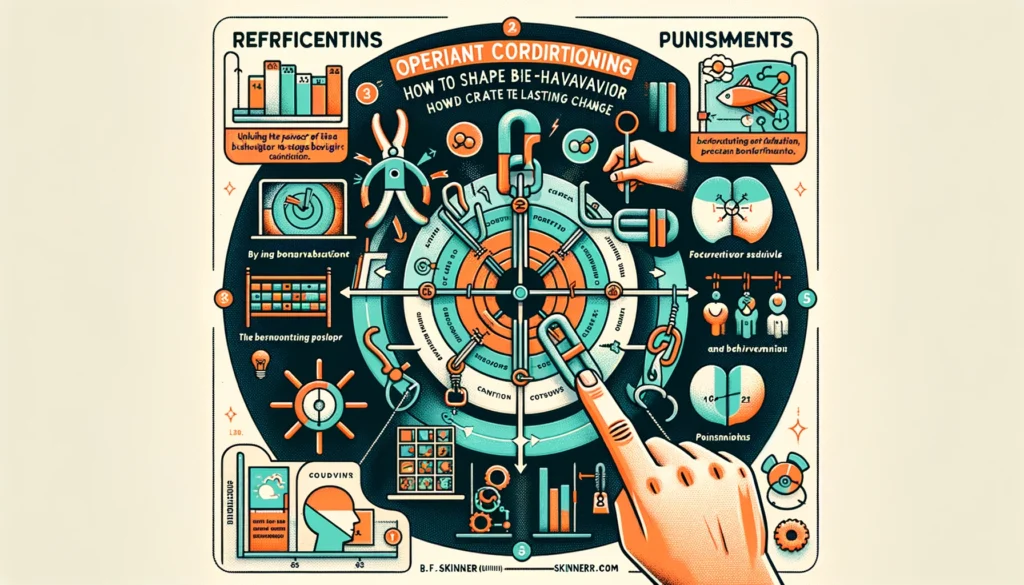
Photo by Alexander Grey: https://www.pexels.com/photo/kush-in-close-up-photography-3676962/
It used to be all about the high.
For years, cannabis marketing focused on potency. THC levels were the bragging rights, and consumers chased the strongest strains like they were hunting down the hottest hot sauce. But things have shifted. Today’s buyer isn’t just trying to get lit—they’re trying to feel better.
Welcome to the world of wellness weed.
And this change isn’t just interesting—it’s revealing. It says a lot about how cannabis buyers think, what motivates them, and how their behavior is evolving. If you’re a business in the space—wholesaler, grower, processor, or brand—this trend is packed with insights you can use.
Weed as a Wellness Tool
Cannabis has gone from counterculture to self-care. From wake-and-bake to rest-and-recover.
Now, you’ll find THC and CBD infused into sleep gummies, body balms, tinctures, and even skincare. Low-dose edibles, functional blends, and clean, calming branding are replacing flashy strain names and aggressive THC numbers.
And it’s not just a vibe shift—it’s a strategic opportunity. The rise of wellness weed is unlocking demand across totally new demographics.
Just look at THCa Concentrates, which are seeing growing demand from both wellness-minded consumers and bulk buyers. These products offer a clean, potent experience with high therapeutic potential and flexibility, making them perfect for retailers, processors, and even formulators looking to stock up or build wellness-forward products. If you’re sourcing for scale, check out THCa Concentrates.
What’s Behind This Trend?
Let’s break down the buyer psychology that’s driving all this change.
1. The Health-Conscious Consumer Has Entered the Chat
People aren’t looking to escape anymore—they’re looking to optimize. Consumers today are more in tune with their mental health, sleep cycles, stress levels, and overall well-being than ever before. Many are tracking their habits through apps, reading up on ingredients, and making more intentional choices about what they consume.
For them, cannabis isn’t a party drug—it’s part of their wellness toolkit. They want something that supports their lifestyle, not derails it.
2. Stigma Is Fading, New Buyers Are Flooding In
As legalization spreads and social norms evolve, new consumer segments are walking into dispensaries—parents, professionals, older adults. These buyers don’t want to get “too high.” They’re looking for products that are functional, mild, and purpose-driven.
Wellness-oriented products make them feel more comfortable. They’re more approachable, more familiar, and honestly, less intimidating.
3. People Buy Feelings, Not Just Products
Here’s where the psychology gets really interesting: people are buying outcomes, not just inputs.
They don’t care how a product works as much as they care what it does. Will it help them sleep? Manage pain? Ease anxiety?
Wellness weed thrives on this emotional connection. Brands that tap into feelings like calm, focus, balance, and relief are seeing better engagement—and stronger loyalty.
What This Means for B2B Brands

Photo by Hoàng Vũ: https://www.pexels.com/photo/modern-office-building-at-night-in-london-31379836/
If you’re selling to retailers or stocking up as a wholesaler, this shift has major implications for how you build, market, and price your products.
1. Wellness = Value Add
Buyers—especially bulk buyers—are more likely to invest in products that offer functional benefits. A concentrate that’s high in THCa and can be used in tinctures, salves, or therapeutic vapes? That’s a versatile SKU with multiple use cases across the wellness spectrum.
Whether you’re producing finished goods or raw inputs, think beyond potency. Start leading with purpose.
2. Packaging and Positioning Matter (Even in Bulk)
Even if you’re selling wholesale, keep in mind that your product may end up in front of a wellness-focused end consumer. That means your partners will be looking for clean aesthetics, transparent labeling, and language that makes people feel safe and empowered.
Make it easier for them to market your product as a wellness solution, not just a commodity.
3. Education Is a Sales Tool
Wellness-focused buyers tend to be curious, cautious, and information-hungry. That trickles up the supply chain.
Help your partners understand the benefits of THCa, the difference between psychoactive and non-psychoactive cannabinoids, and how different consumption methods impact the experience. You don’t have to write a textbook—just offer clear, concise info they can use in their own marketing and sales.
4. You’re Not Just Competing with Other Cannabis Brands
This might be the biggest takeaway.
Wellness weed isn’t just fighting for space on a dispensary shelf—it’s fighting for space in someone’s medicine cabinet. That means you’re competing with sleep supplements, pain relievers, meditation apps, and more.
So the question becomes: How can your product stand out as the better, more natural solution?
The Future of Wellness Weed

Photo by Terrance Barksdale: https://www.pexels.com/photo/gram-of-cannabis-lying-on-white-surface-12967928/
We’re just getting started.
Expect to see cannabis continue to intersect with adjacent wellness trends—functional mushrooms, adaptogens, probiotics, etc. The lines will keep blurring, and brands that lean into that blend of science + self-care will win.
If you’re sourcing or selling in bulk, think about how your product can serve the next wave of wellness-minded buyers. What do they care about? What outcomes are they looking for? And how can your offerings meet them where they are?
Because the truth is, the market isn’t just shifting—it’s maturing. And that’s a good thing for businesses who are paying attention.
Mariam holds an MS in Sociology with a specialization in Medical Sociology and Social Psychology. With a strong academic background and extensive research work in both fields, she brings depth and clarity to complex topics. Her writing explores the intersection of society, health, and the human mind, making academic ideas easy to grasp and relevant to everyday life.


